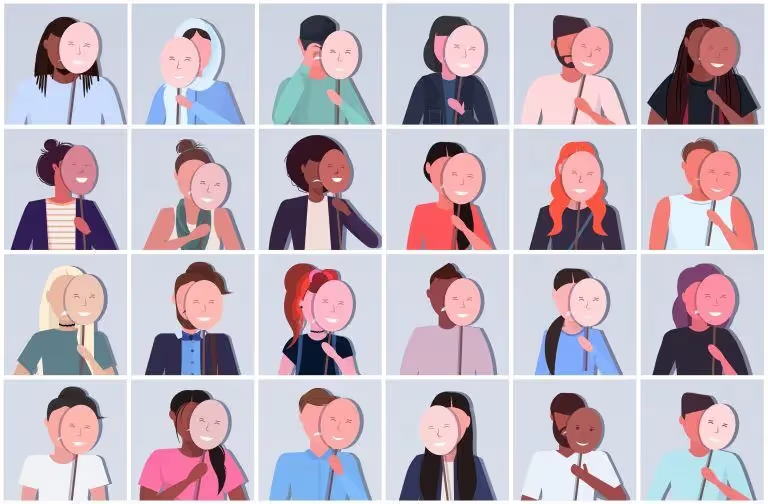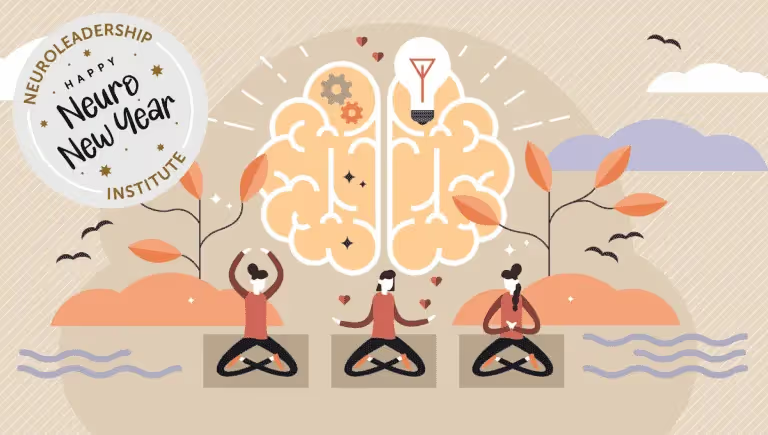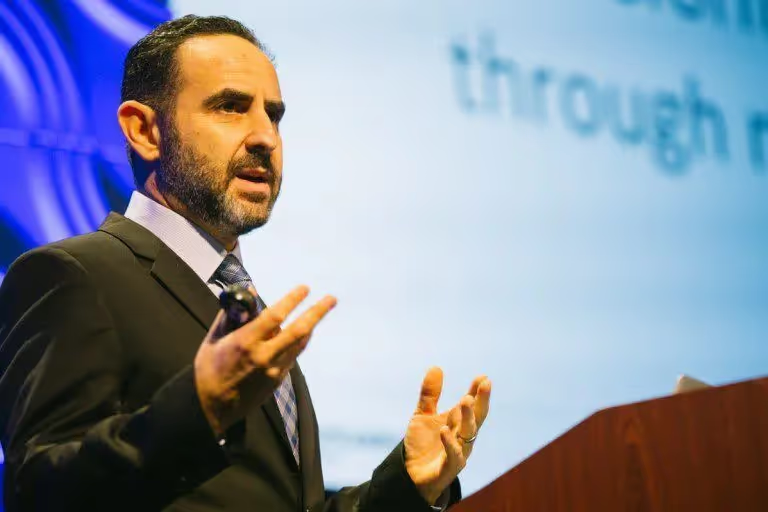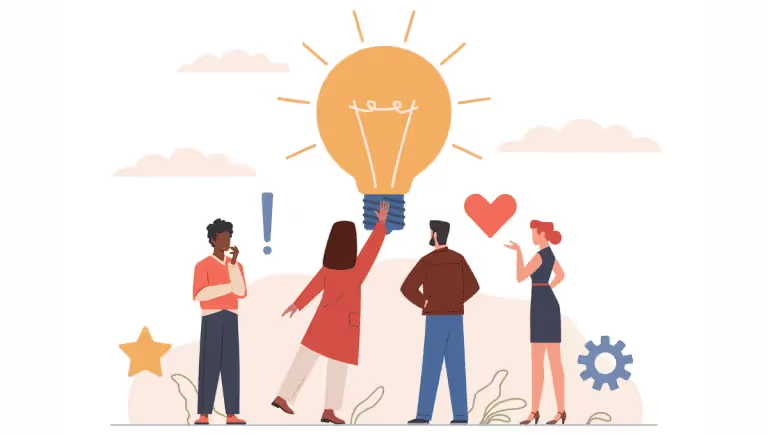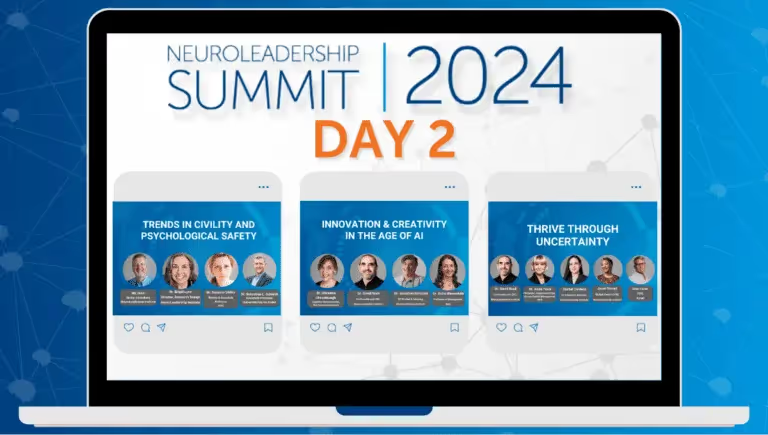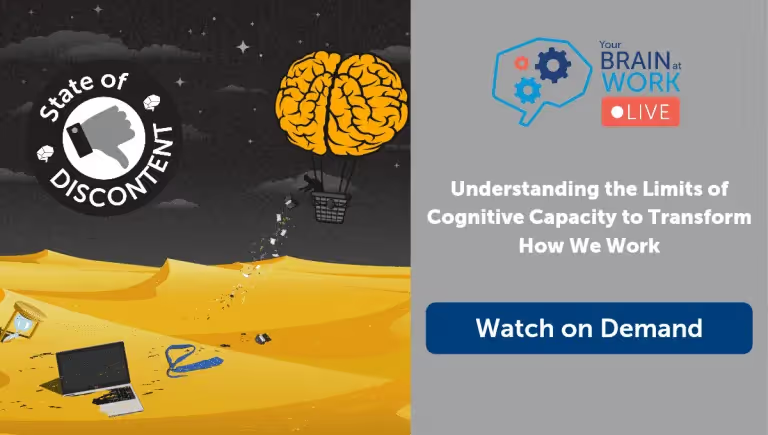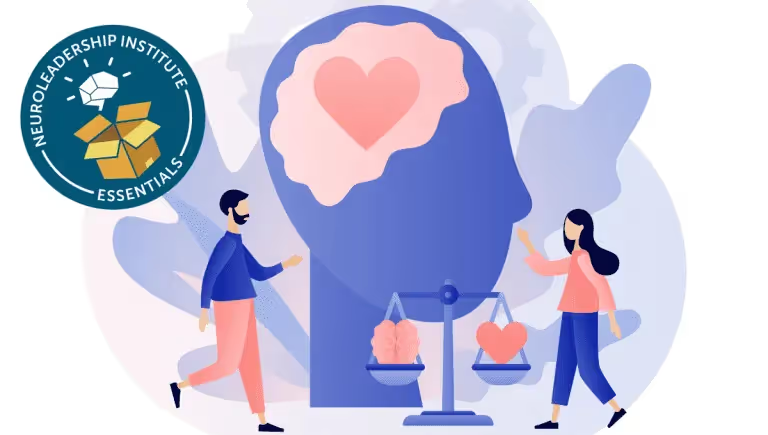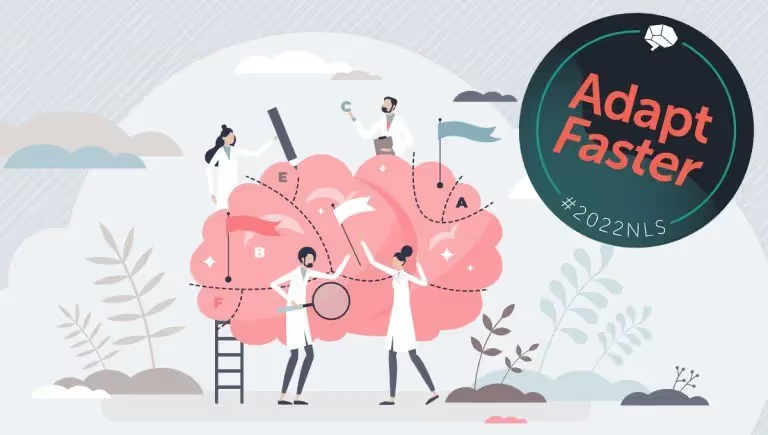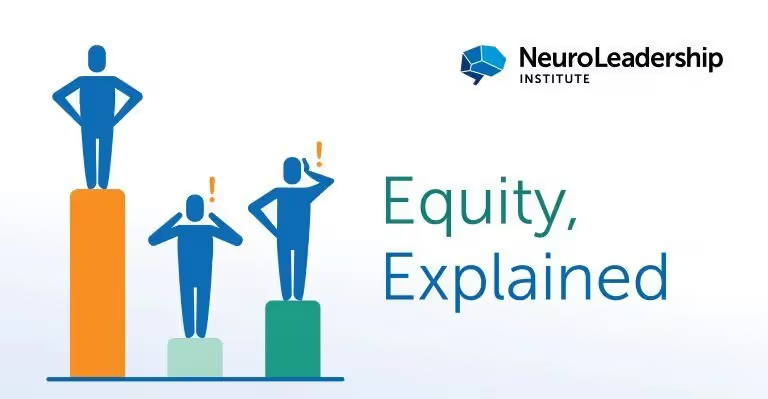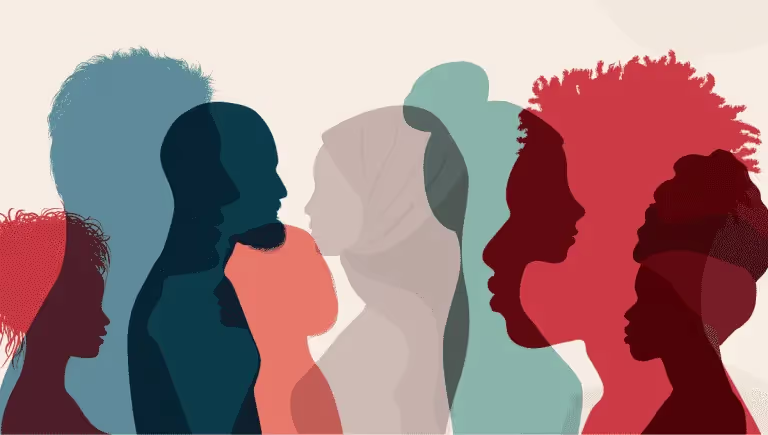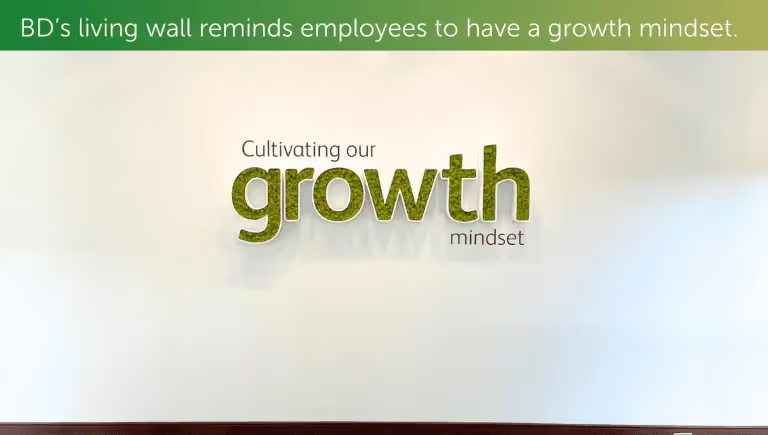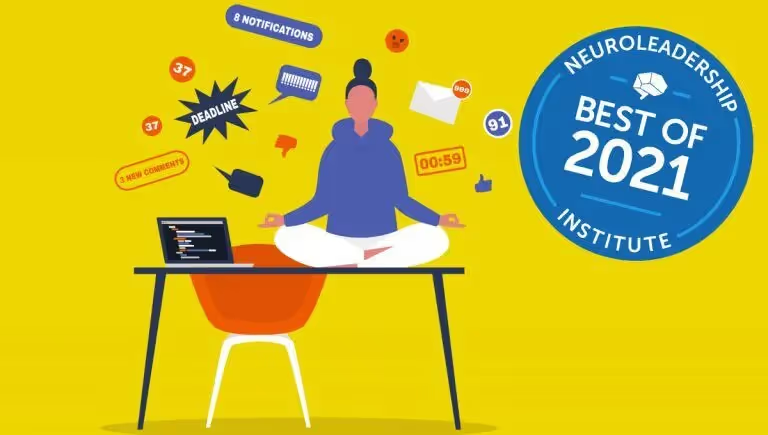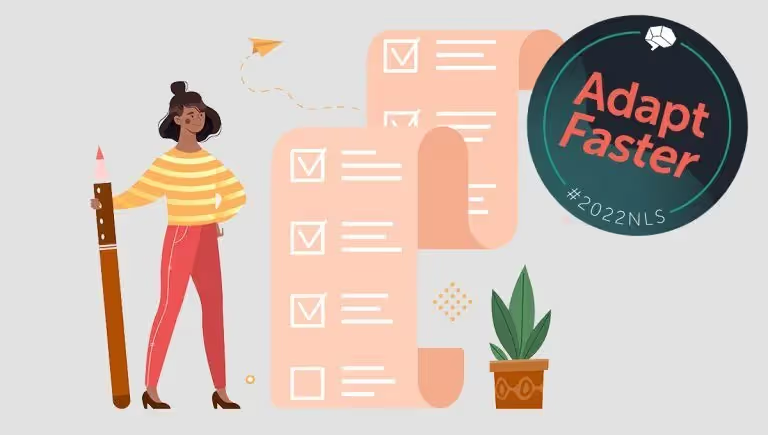Key Insights:• Proactive accountability encourages employees to take ownership of their work and learn from their mistakes, as opposed to the blame and fear associated with a punitive approach.•People who are proactively accountable practice three key habits: sync expectations, drive with purpose, and own the impact.• With the right mindset and consistent practice, you can help everyone on your team (including yourself) reliably meet or exceed expectations.
How many coworkers can you count on to consistently deliver results? If you’re like most people, it’s only a handful. More often, we find ourselves surrounded by people who dodge responsibility, make excuses, and don’t follow through on expectations. Some people seem to be naturally accountable, whereas others struggle with it.
At the NeuroLeadership Institute, we spent the past year examining accountability through the lens of neuroscience. As Chris Weller and Dr. David Rock wrote recently in Fast Company, there are three key cognitive habits that set accountable people apart: syncing expectations, driving with purpose, and owning one’s impact.
In other words, accountable people get clarity on what they’re supposed to do, keep their eye on the prize, and learn from outcomes, whether positive or negative. The good news: These three habits can be learned by anyone — even that coworker who always seems to miss important deadlines.
3 habits of accountability
When people actively practice these habits as part of their daily work, we call it proactive accountability. In this approach, accountability becomes a path for growth, development, and innovation. People take ownership of their responsibilities and view mistakes as opportunities to learn. This stands in contrast to punitive accountability, where fear, blame, and punishment create an environment that stifles learning, and permissive accountability, where leaders overlook performance issues and hope they’ll resolve on their own.
Sync expectations
One of the biggest reasons for low accountability in organizations is a mismatch in expectations. A manager assumes a team member will do one thing, while the team member believes they’re expected to do something else. The result? Disappointment, frustration, and eroded trust.
From a brain science perspective, unmet expectations trigger what’s known as an error signal. When someone fails to meet our expectations, our dopamine levels drop, leading to feelings of frustration or anger and forcing our brain to revise its expectations. When expectations are met, however, there’s no error signal. Dopamine levels remain stable, and trust and satisfaction stay intact.
That’s why the first habit of proactive accountability is sync expectations. It means making sure employees understand exactly what’s expected of them (and if they don’t, they know to ask questions). This step is crucial because shared understanding is the foundation of effective action. In the brain, this shared understanding shows up as neural synchrony — a temporary alignment of brain activity between two people who are processing information in similar ways.
A powerful way to support this habit is through SSG communication: speaking in a way that’s succinct, specific, and generous. Succinct messages reduce cognitive load; specific language paints a detailed picture in your recipient’s mind; and generous phrasing helps ensure your recipient easily understands what you’re trying to convey. Instead of saying, “Get me this report by 5 p.m.,” try “Please email me the report by 5 p.m. Eastern Time, and attach it as a PDF.”
Drive with purpose
Once expectations are aligned, it’s up to the employee to fully own the responsibility of delivering results. High performers often do this by anchoring their work to a deeper sense of purpose. They don’t just focus on checking a box — they strive to create meaningful outcomes that align with a larger goal.
Purpose fuels motivation. When people understand why they’ve been asked to do a task and how their efforts contribute to something that matters, they tap into intrinsic motivation. Unlike external rewards like money or recognition, intrinsic rewards such as mastery of a task, personal growth, or a sense of accomplishment tend to be more enduring and powerful. Whether consciously or not, accountable people seek out that deeper meaning to energize and sustain their efforts.
They also approach their work with intention. Instead of rushing to complete a task, they pause to consider different angles, explore possibilities, and challenge their assumptions. They’re careful not to fall into the trap of cognitive biases, or mental shortcuts that can distort judgment and decision-making. Take expedience bias, for example: It can push someone to act too quickly, skipping over important steps or overlooking key details.
Help employees connect their work to something that matters to them personally. Ask questions like, “How might this project help you grow?” or “What impact could this work have on the team or organization?” When employees see clear personal or organizational value in what they’re doing, they’re more likely to take true ownership, a hallmark of proactive accountability.
Own the impact
Accountability isn’t just about completing tasks as expected; it’s about understanding and owning the impact our actions have over time. Even the best-laid plans can lead to unintended consequences. Accountable people recognize this, take responsibility for their outcomes, and adjust course to stay on track toward success.
Proactive accountability depends on a growth mindset — the belief that mistakes are opportunities to improve, not signs of failure. The most effective people don’t get stuck dwelling on what went wrong or overly celebrating what went right. They may pause to reflect and process, but their focus quickly shifts to the next goal, the next improvement, the next step forward.
When things don’t go according to plan, help your team practice owning the impact by modeling a simple, three-step approach: acknowledge what went wrong, explain how you plan to fix it, and invite feedback. This kind of response not only preserve trust, it reinforces growth: two outcomes at the heart of proactive accountability.
Decoding accountability
Some people seem to have a natural knack for getting things done, but there’s no secret behind their effectiveness. When a new project lands on their plate, they simply follow a clear set of steps grounded in neuroscience that lead to proactive accountability.
Building these habits takes time, intention, and repetition. But with the right mindset and consistent practice, you can help everyone on your team (including yourself) reliably meet or exceed expectations. It’s not some exhaustive, complicated process – just brain science at work.
A version of this article appeared in Fast Company. To read the original article, click here.



.png)


.png)



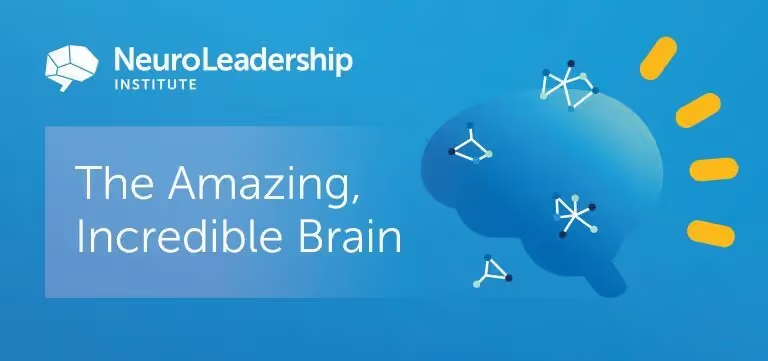







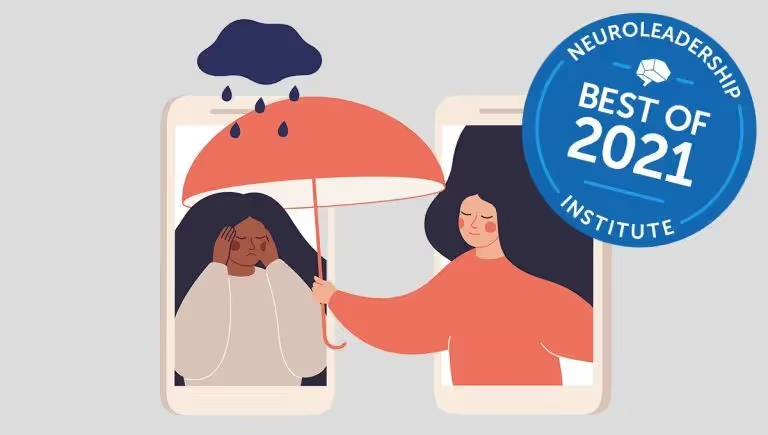


.avif)
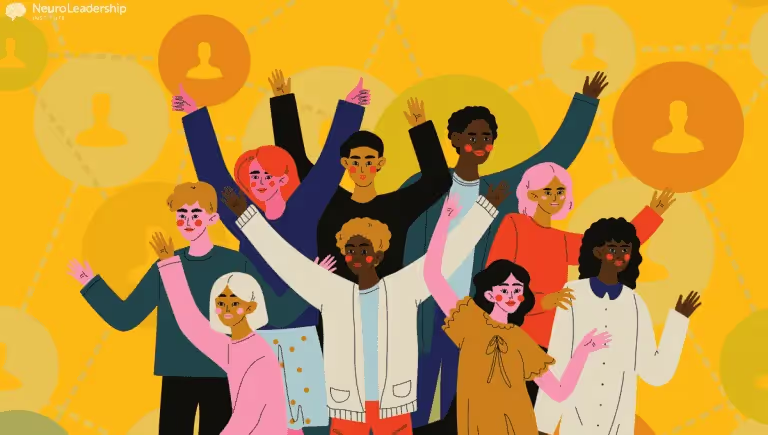

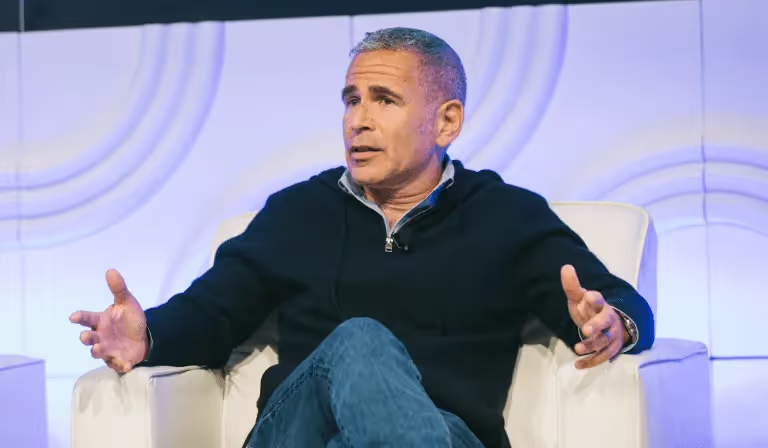












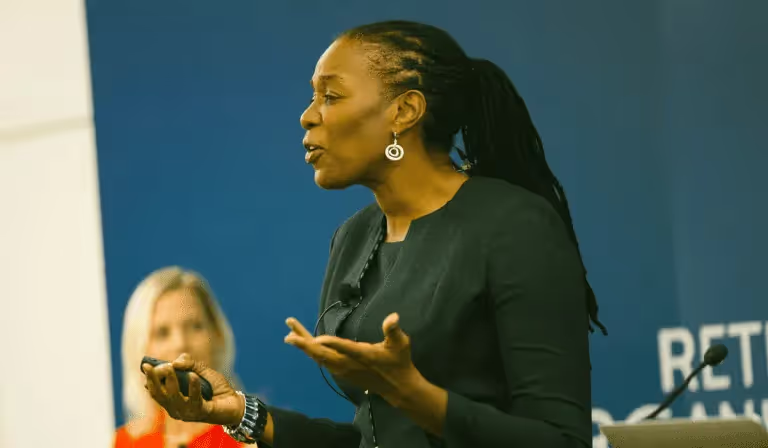


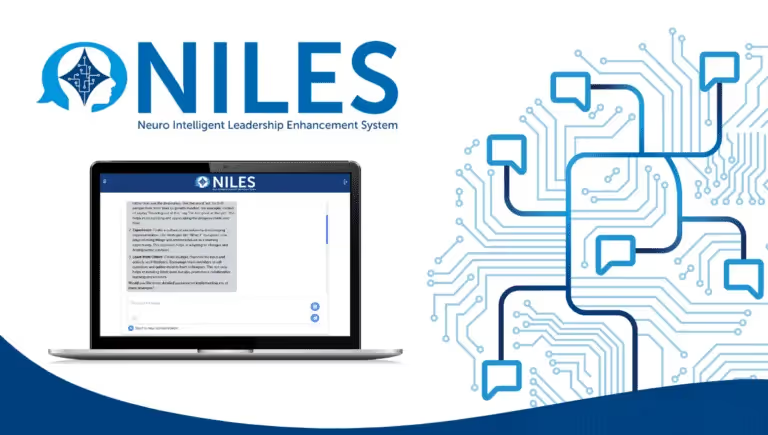
.avif)








